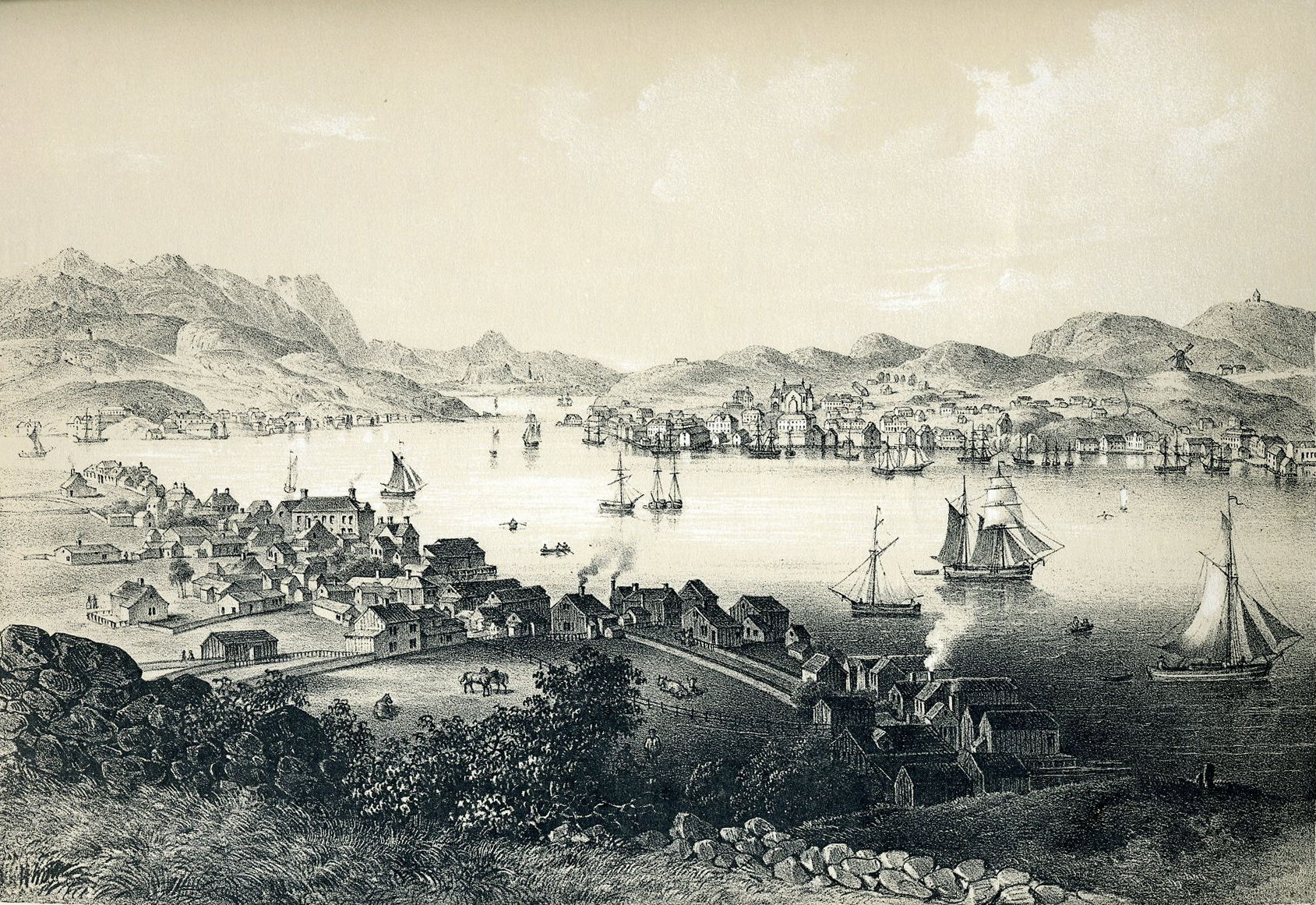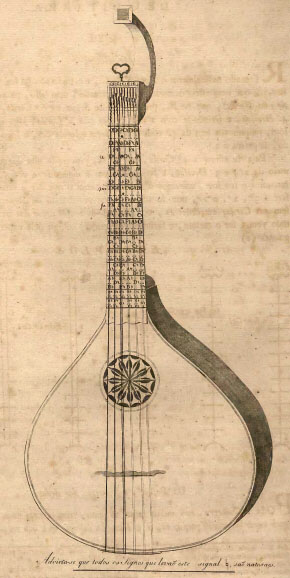|
José Gomes Ferreira
José Gomes Ferreira, GOSE, GOL (9 July 1900 – 1985) was a Portuguese poet and fiction writer with a vast work of varied influences. Gomes Ferreira was also a political activist that participated in the resistance against the dictatorship of Oliveira Salazar, becoming later a member of the Portuguese Communist Party. In the late 1970s he occupied the presidency of the Portuguese Writers Association. A native of Porto, Ferreira graduated in law in 1924 and became a consul in Norway in the late 1920s. Soon after, became a journalist and published his works on several progressive magazines. After the rising of the right-wing dictatorship led by Salazar, Ferreira acquainted himself with the democratic resistance movements. During the later years of the regime, he continued publishing and saw his poetic work recognized by his peers. After the democratic Carnation Revolution, Ferreira joined the Communist Party and continued his work until the mid-1980s. His artistic work was repr ... [...More Info...] [...Related Items...] OR: [Wikipedia] [Google] [Baidu] |
Jose Gomes Ferreira
Jose is the English transliteration of the Hebrew and Aramaic name ''Yose'', which is etymologically linked to ''Yosef'' or Joseph. The name was popular during the Mishnaic and Talmudic periods. *Jose ben Abin *Jose ben Akabya *Jose the Galilean *Jose ben Halafta *Jose ben Jochanan *Jose ben Joezer of Zeredah *Jose ben Saul Given name Male * Jose (actor), Indian actor * Jose C. Abriol (1918–2003), Filipino priest * Jose Advincula (born 1952), Filipino Catholic Archbishop * Jose Agerre (1889–1962), Spanish writer * Jose Vasquez Aguilar (1900–1980), Filipino educator * Jose Rene Almendras (born 1960), Filipino businessman * Jose T. Almonte (born 1931), Filipino military personnel * Jose Roberto Antonio (born 1977), Filipino developer * Jose Aquino II (born 1956), Filipino politician * Jose Argumedo (born 1988), Mexican professional boxer * Jose Aristimuño, American political strategist * Jose Miguel Arroyo (born 1945), Philippine lawyer * Jose D. Aspiras (1924–1999), Fili ... [...More Info...] [...Related Items...] OR: [Wikipedia] [Google] [Baidu] |
Kristiansund
Kristiansund (, ; historically spelled Christianssund and earlier named Fosna) is a municipality on the western coast of Norway in the Nordmøre district of Møre og Romsdal county. The administrative center of the municipality is the town of Kristiansund (established in 1742), which is the major town for the whole Nordmøre region. Other notable settlements in the municipality include the villages of Kvalvåg, Rensvik, and Nedre Frei. The municipality is the 333rd largest by area out of the 356 municipalities in Norway. Kristiansund is the 52nd most populous municipality in Norway with a population of 24,013. The municipality's population density is and its population has increased by 0.8% over the previous 10-year period. General information The parish of ''Christianssund'' was established as a municipality on 1 January 1838 (see formannskapsdistrikt law). Initially, the small island municipality included just the town of Christianssund and its immediate surrounding area ... [...More Info...] [...Related Items...] OR: [Wikipedia] [Google] [Baidu] |
Portuguese Democratic Movement
The Portuguese Democratic Movement/Democratic Electoral Commissions (Portuguese: ''Movimento Democrático Português / Comissões Democráticas Eleitorais'', MDP/CDE or just MDP) was one of the most important organizations of the democratic opposition to the Estado Novo. It was founded in 1969 as an electoral coalition meant to run in the non-democratic and widely manipulated parliamentary election. History In 1973 the MDP took part in the Democratic Congress of Aveiro, the largest meeting of democratic militants during the dictatorship. After the Carnation Revolution in 1974, it was made part of every provisional government, with exception of the 6th and in 1979 it ran in coalition with the Portuguese Communist Party in the FEPU and later in APU, achieving important electoral results. In 1986, disagreements with the PCP arose, the coalition was dissolved and the MDP was later disbanded. A fraction formed the political association Democratic Intervention (Portuguese: Interven ... [...More Info...] [...Related Items...] OR: [Wikipedia] [Google] [Baidu] |
Carnation Revolution
The Carnation Revolution ( pt, Revolução dos Cravos), also known as the 25 April ( pt, 25 de Abril, links=no), was a military coup by left-leaning military officers that overthrew the authoritarian Estado Novo regime on 25 April 1974 in Lisbon, producing major social, economic, territorial, demographic, and political changes in Portugal and its overseas colonies through the Processo Revolucionário Em Curso. It resulted in the Portuguese transition to democracy and the end of the Portuguese Colonial War. The revolution began as a coup organised by the Armed Forces Movement ( pt, Movimento das Forças Armadas, links=no, MFA), composed of military officers who opposed the regime, but it was soon coupled with an unanticipated, popular civil resistance campaign. Negotiations with African independence movements began, and by the end of 1974, Portuguese troops were withdrawn from Portuguese Guinea, which became a UN member state. This was followed in 1975 by the independence of C ... [...More Info...] [...Related Items...] OR: [Wikipedia] [Google] [Baidu] |
Fernando Lopes Graça
Fernando is a Spanish and Portuguese given name and a surname common in Spain, Portugal, Italy, France, Switzerland, former Spanish or Portuguese colonies in Latin America, Africa, the Philippines, India, and Sri Lanka. It is equivalent to the Germanic given name Ferdinand, with an original meaning of "adventurous, bold journey". First name * Fernando el Católico, king of Aragon A * Fernando Acevedo, Peruvian track and field athlete * Fernando Aceves Humana, Mexican painter * Fernando Alegría, Chilean poet and writer * Fernando Alonso, Spanish Formula One driver * Fernando Amorebieta, Venezuelan footballer * Fernando Amorsolo, Filipino painter * Fernando Antogna, Argentine track and road cyclist * Fernando de Araújo (other), multiple people B * Fernando Balzaretti (1946–1998), Mexican actor * Fernando Baudrit Solera, Costa Rican president of the supreme court * Fernando Botero, Colombian artist * Fernando Bujones, ballet dancer C * Fernando Cabrera (baseball), ... [...More Info...] [...Related Items...] OR: [Wikipedia] [Google] [Baidu] |
Movement Of Democratic Unity
The Movement of Democratic Unity ( pt, Movimento de Unidade Democrática or MUD) was a quasi-legal platform of Portuguese democratic organizations that opposed the authoritarian regime of António de Oliveira Salazar and was founded in October 1945. The defeat of the Fascist regimes in World War II put the clerico-fascist Estado Novo regime in a troublesome position. In hopes of improving the image of the regime in Western circles, the government authorized some limited democratic openings, such as the creation of the MUD, in October 1945. The opposition groups were already organized in the Movement of National Antifascist Unity (MUNAF), which was quickly replaced by the MUD. The MUD quickly developed a strong structure, based on local committees at district, parish and neighborhood level. Initially, MUD was dominated by the moderate elements of the opposition, but soon the Portuguese Communist Party The Portuguese Communist Party ( pt, Partido Comunista Português, , PCP) i ... [...More Info...] [...Related Items...] OR: [Wikipedia] [Google] [Baidu] |
Symphonic Poem
A symphonic poem or tone poem is a piece of orchestral music, usually in a single continuous movement, which illustrates or evokes the content of a poem, short story, novel, painting, landscape, or other (non-musical) source. The German term ''Tondichtung (tone poem)'' appears to have been first used by the composer Carl Loewe in 1828. The Hungarian composer Franz Liszt first applied the term ''Symphonische Dichtung'' to his 13 works in this vein. While many symphonic poems may compare in size and scale to symphonic movements (or even reach the length of an entire symphony), they are unlike traditional classical symphonic movements, in that their music is intended to inspire listeners to imagine or consider scenes, images, specific ideas or moods, and not (necessarily) to focus on following traditional patterns of musical form such as sonata form. This intention to inspire listeners was a direct consequence of Romanticism, which encouraged literary, pictorial and dramatic ... [...More Info...] [...Related Items...] OR: [Wikipedia] [Google] [Baidu] |
Variation (music)
In music, variation is a formal technique where material is repeated in an altered form. The changes may involve melody, rhythm, harmony, counterpoint, timbre, orchestration or any combination of these. Variation techniques Mozart's Twelve Variations on "Ah vous dirai-je, Maman" (1785), known in the English-speaking world as "Twinkle, Twinkle, Little Star" exemplifies a number of common variation techniques. Here are the first eight bars of the theme: Melodic variation Mozart's first variation decorates and elaborates the plain melodic line: Rhythmic variation The fifth variation breaks up the steady pulse and creates syncopated off-beats: Harmonic variation The seventh variation introduces powerful new chords, which replace the simple harmonies originally implied by the theme with a prolongational series of descending fifths: Minor mode In the elaborate eighth variation, Mozart changes from the major to the parallel minor mode, while combining three techniques: count ... [...More Info...] [...Related Items...] OR: [Wikipedia] [Google] [Baidu] |
Fado
Fado (; "destiny, fate") is a music genre that can be traced to the 1820s in Lisbon, Portugal, but probably has much earlier origins. Fado historian and scholar Rui Vieira Nery states that "the only reliable information on the history of fado was orally transmitted and goes back to the 1820s and 1830s at best. But even that information was frequently modified within the generational transmission process that made it reach us today." Although the origins are difficult to trace, today fado is commonly regarded as simply a form of song which can be about anything, but must follow a certain traditional structure. In popular belief, fado is a form of music characterized by mournful tunes and lyrics, often about the sea or the life of the poor, and infused with a sentiment of resignation, fate and melancholy. This is loosely captured by the Portuguese word ''saudade'', or longing, symbolizing a feeling of loss (a permanent, irreparable loss and its consequent lifelong damage). This is s ... [...More Info...] [...Related Items...] OR: [Wikipedia] [Google] [Baidu] |
Waltz
The waltz ( ), meaning "to roll or revolve") is a ballroom and folk dance, normally in triple ( time), performed primarily in closed position. History There are many references to a sliding or gliding dance that would evolve into the waltz that date from 16th-century Europe, including the representations of the printmaker Hans Sebald Beham. The French philosopher Michel de Montaigne wrote of a dance he saw in 1580 in Augsburg, where the dancers held each other so closely that their faces touched. Kunz Haas (of approximately the same period) wrote, "Now they are dancing the godless ''Weller'' or ''Spinner''."Nettl, Paul. "Birth of the Waltz." In ''Dance Index'' vol 5, no. 9. 1946 New York: Dance Index-Ballet Caravan, Inc. pages 208, 211 "The vigorous peasant dancer, following an instinctive knowledge of the weight of fall, uses his surplus energy to press all his strength into the proper beat of the bar, thus intensifying his personal enjoyment in dancing." Around 1750, ... [...More Info...] [...Related Items...] OR: [Wikipedia] [Google] [Baidu] |
Pseudonym
A pseudonym (; ) or alias () is a fictitious name that a person or group assumes for a particular purpose, which differs from their original or true name (orthonym). This also differs from a new name that entirely or legally replaces an individual's own. Many pseudonym holders use pseudonyms because they wish to remain anonymous, but anonymity is difficult to achieve and often fraught with legal issues. Scope Pseudonyms include stage names, user names, ring names, pen names, aliases, superhero or villain identities and code names, gamer identifications, and regnal names of emperors, popes, and other monarchs. In some cases, it may also include nicknames. Historically, they have sometimes taken the form of anagrams, Graecisms, and Latinisations. Pseudonyms should not be confused with new names that replace old ones and become the individual's full-time name. Pseudonyms are "part-time" names, used only in certain contexts – to provide a more clear-cut separation between o ... [...More Info...] [...Related Items...] OR: [Wikipedia] [Google] [Baidu] |
Subtitles
Subtitles and captions are lines of dialogue or other text displayed at the bottom of the screen in films, television programs, video games or other visual media. They can be transcriptions of the screenplay, translations of it, or information to help viewers who are deaf or hard-of-hearing understand what is shown. Subtitles refer to a text translation of audio into a different language and are for people who can hear the audio, but may not be able to understand the dialogue. Captions are text in the language of the audio and are designed for anyone unable to hear the audio, they often also contain important sounds that would be unavailable for anyone unable to hear the audio. Open captions are "burnt" into the video and will therefore always be visible, while closed captions (CC) can be toggled on and off according to the preference of the viewer. Methods Subtitles can be rendered as part of the video or separately as graphics or text overlaid on the video. Sometimes, ... [...More Info...] [...Related Items...] OR: [Wikipedia] [Google] [Baidu] |




.jpg)